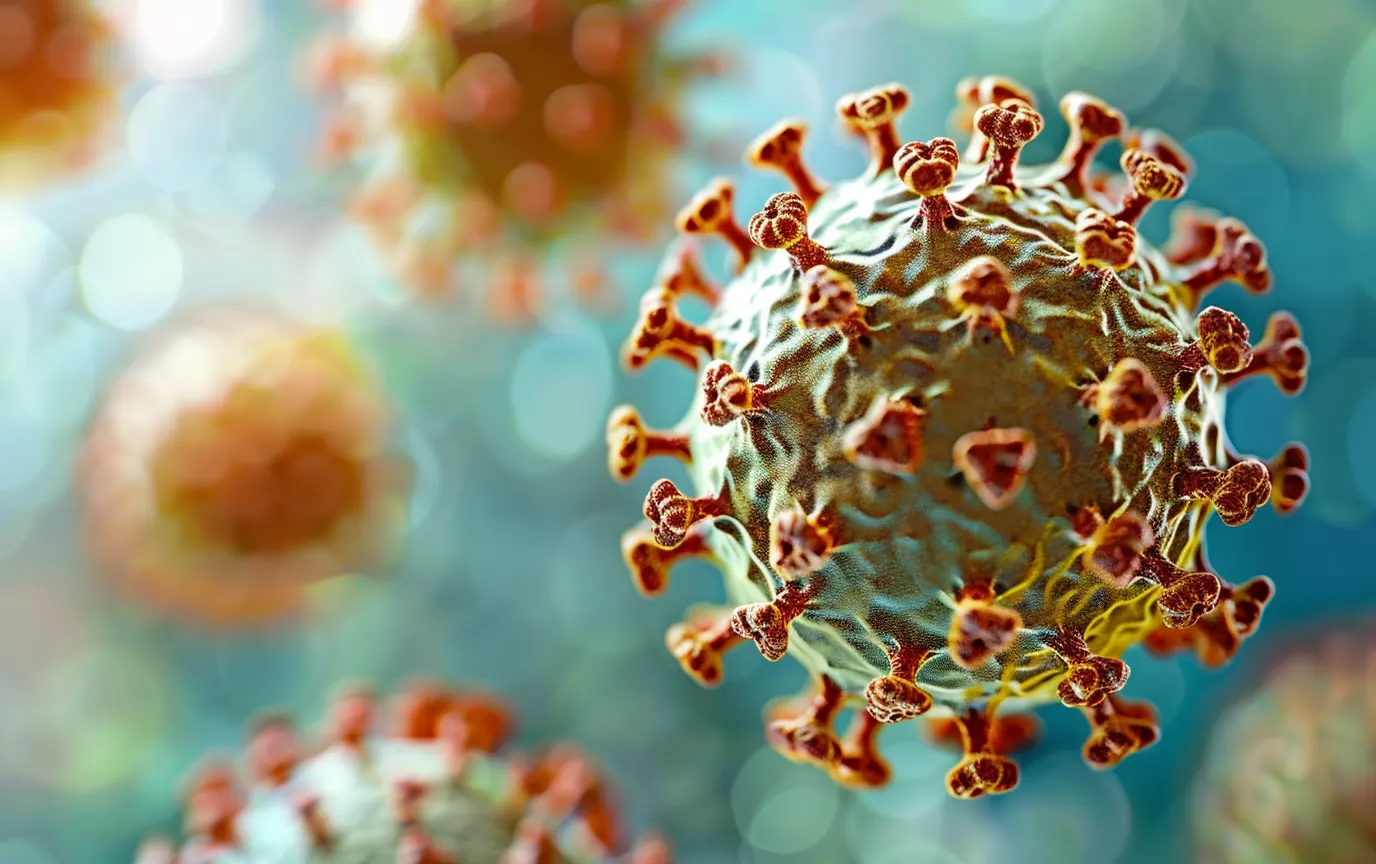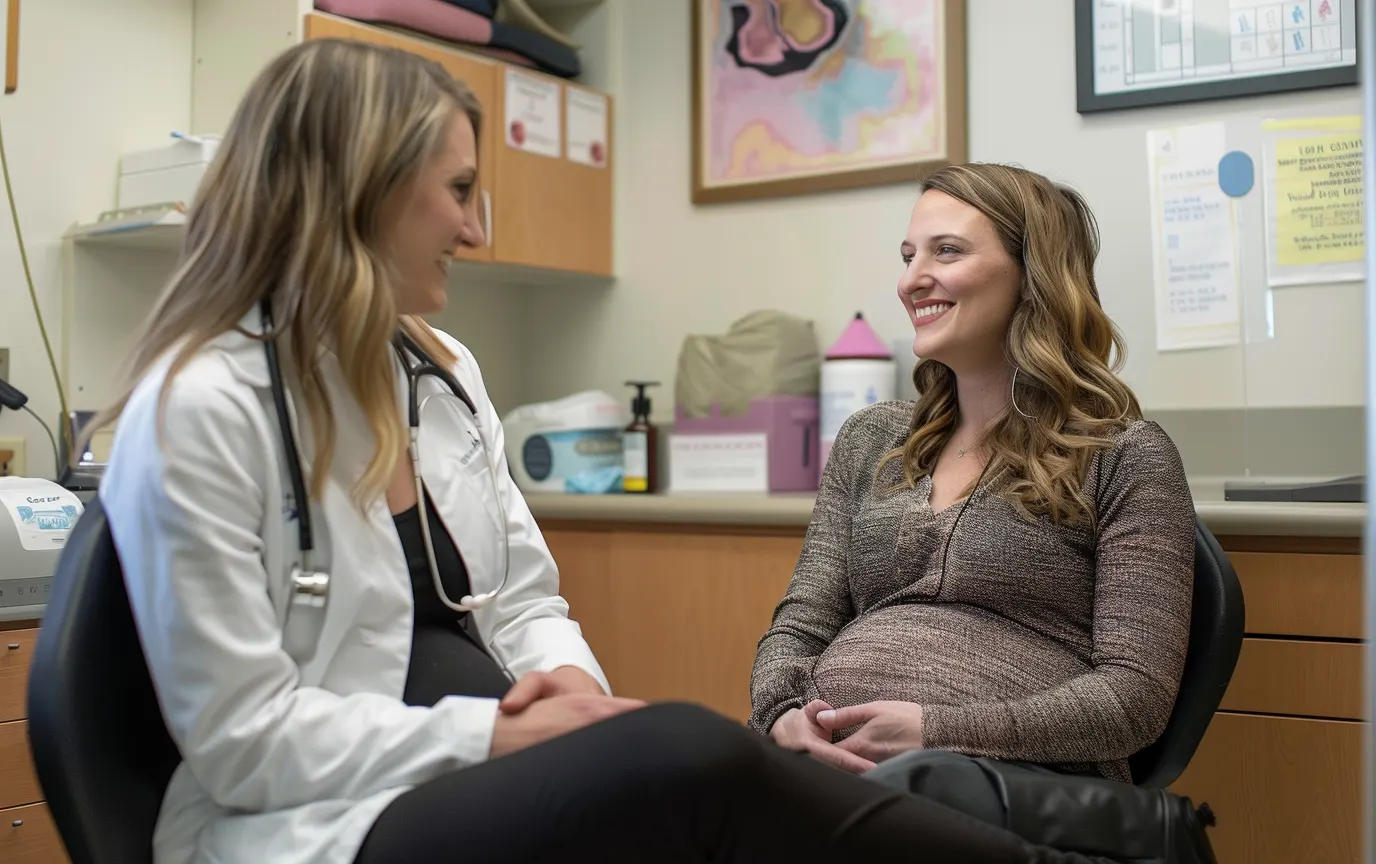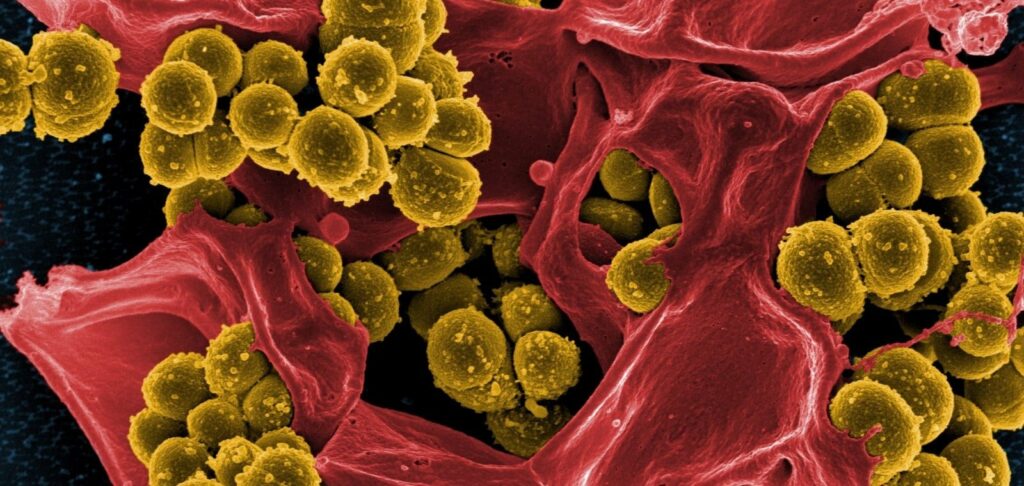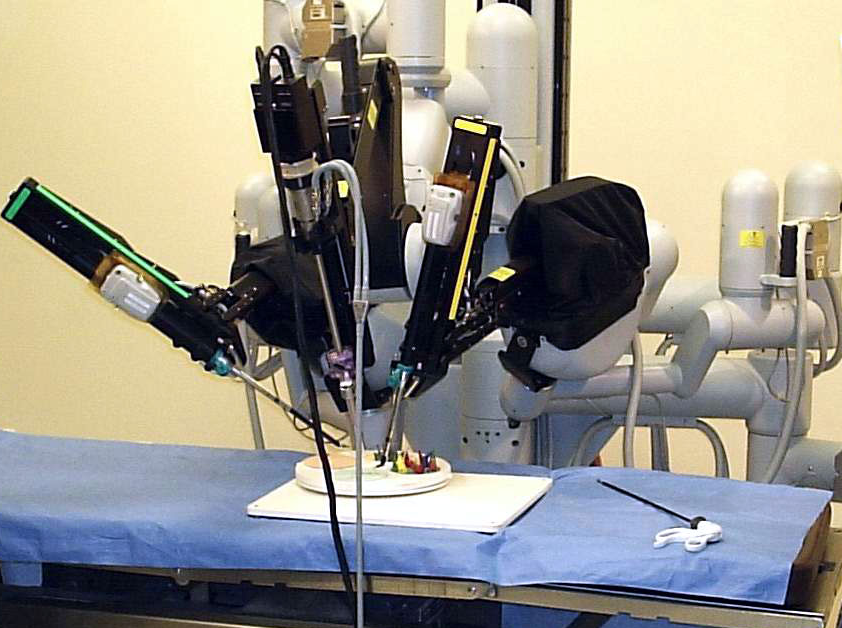

Що таке герпес?
Вірус простого герпесу (ВПГ) – це дуже заразний вірус, який викликає довічну інфекцію. Існує два основних типи HSV:
- HSV-1: Переважно викликає герпес ротової порожнини, що призводить до появи застуди або гарячкових пухирів навколо рота. Однак він також може викликати генітальний герпес через орально-генітальний контакт.
- HSV-2: В основному викликає генітальний герпес, що характеризується виразками або пухирями в області геніталій або анального отвору. Майже завжди передається статевим шляхом.
Обидва типи герпесу можуть передаватися через прямий контакт з активним вогнищем ураження або через контакт шкіра-до-шкіри під час висипання вірусу, навіть за відсутності симптомів.
Ви можете тривалий час не помічати, що інфіковані.
“Після того, як вірус інфікує людину, незалежно від того, проявляється він на шкірі чи ні, він проникає в місцеві чутливі нерви”, – пояснює Тетяна Святенко
пояснює Тетяна Святенко, віце-президент Української асоціації лікарів-дерматовенерологів і косметологів.
“Там він може тривалий час перебувати в сплячому стані до наступної реактивації, яка відбувається через тижні, місяці або навіть роки після потрапляння вірусу на шкіру”.

Типи вірусу простого герпесу
HSV-1 і HSV-2 мають різні місця первинного зараження і способи передачі:
- ВПГ-1: зазвичай інфікує рот і губи, викликаючи оральний герпес. Він часто передається через нестатеві контакти, такі як поцілунки або спільне користування особистими речами, такими як зубні щітки чи посуд.
У деяких випадках ВПГ-1 може викликати генітальний герпес при орально-генітальному контакті з інфікованою людиною.
- HSV-2: Переважно вражає геніталії та анальний отвір, викликаючи генітальний герпес. Передається майже виключно статевим шляхом під час вагінального, анального або орального сексу з інфікованим партнером. HSV-2 рідко викликає оральний герпес.
Обидва типи герпесу можуть викликати схожі симптоми і залишатися в організмі в сплячому стані, що призводить до періодичних спалахів.
Однак, спалахи HSV-1, як правило, менш важкі та рідкісні порівняно з HSV-2.

Як передається герпес
Герпес дуже заразний і може передаватися різними шляхами:
- Безпосередній контакт з герпетичними виразками або пухирцями: Вірус найлегше поширюється, коли є активні ураження. Дотик, поцілунок або статевий контакт з ураженою ділянкою може призвести до передачі вірусу.
- Контакт шкіра-шкіра під час вірусного висипання: навіть без видимих симптомів вірус може бути присутнім на поверхні шкіри і поширюватися через контакт шкіра-шкіра, наприклад, під час статевого акту.
- Орально-генітальний контакт: ВПГ-1 може викликати генітальний герпес при орально-генітальному контакті з інфікованою людиною, наприклад, під час орального сексу.
- Вертикальна передача: Вагітна жінка з генітальним герпесом може передати вірус дитині під час вагінальних пологів, що може спричинити неонатальний герпес, важкий і небезпечний для життя стан.
За даними Всесвітньої організації охорони здоров’я, приблизно 3,7 мільярда людей у віці до 50 років інфіковані ВПГ-1, а 491 мільйон людей у віці 15-49 років інфіковані ВПГ-2.
Висока поширеність герпетичних інфекцій пояснюється тим, що у багатьох людей вони протікають безсимптомно або мають слабко виражені симптоми, що може призвести до ненавмисної передачі інфекції.

Симптоми та прояви герпесу
Симптоми первинної інфекції
Первинна інфекція часто непомітна, оскільки може викликати лише короткочасне почервоніння шкіри.
Однак іноді потрапляння вірусу в організм призводить до погіршення самопочуття – підвищення температури, збільшення лімфатичних вузлів, появи болючості та пухирців у роті, на губах або в інших місцях на шкірі.

Повторні симптоми спалаху
Коли вірус знову активізується, першими симптомами є свербіж, печіння, поколювання та біль в ураженій ділянці.
Після них з’являється рожевий висип, який перетворюється на маленькі пухирці. Вони швидко висихають, утворюють скоринки, і такі ділянки заживають протягом декількох днів або тижня.
Повторні висипання зазвичай виникають в одному і тому ж місці, наприклад, на верхній губі справа.
Простий герпес в оці
Якщо вірус простого герпесу вражає очі, це супроводжується болем, виділеннями, чутливістю до світла і може призвести до утворення рубців.

Поширені фактори, що провокують спалахи герпесу
Найпоширенішими причинами простого герпесу є: інші інфекційні захворювання, такі як застуда або грип, втома і виснаження, надмірна інсоляція (часто тривалий відпочинок на морі провокує появу бульбашок), вплив сонячних променів на пошкоджену ділянку шкіри, садна і подряпини на шкірі, де вірус проявляється на поверхні.
Найчастіше інфекція турбує літніх і тяжкохворих людей, дорослих і дітей, які страждають на екзему, людей зі зниженим імунітетом і тих, хто приймає стероїдні препарати.
Діагностика та лікування герпесу
Як діагностується герпес
Як правило, дерматовенеролог не вагається з постановкою діагнозу – клінічного вигляду шкіри, ураженої простим герпесом, достатньо для винесення вердикту.
Для підтвердження діагнозу медсестра або лікар можуть взяти мазок з поверхні ураженої ділянки. Однак на результат доведеться почекати кілька днів.
Чи можна вилікувати герпес?
Як правило, так. Симптоми хвороби зникають через 7-10 днів з лікуванням або без нього, хоча вірус відтепер залишатиметься в організмі в сплячому стані на все життя.
У більшості пацієнтів повторні симптоми легкі та нечасті, якщо не виникають взагалі. У решти неприємних рецидивів зазвичай можна запобігти за допомогою пероральних противірусних препаратів та зміни способу життя.

Варіанти лікування спалахів герпесу
“Багато легких форм простого герпесу не потребують спеціального лікування, – каже Тетяна Святенко. “Однак існує одне універсальне правило його профілактики та лікування: будь-які методи терапії працюють найкраще, якщо ви почнете їх застосовувати якомога раніше“.
Противірусні препарати
Лікування противірусними препаратами може допомогти зменшити тяжкість спалаху та/або скоротити його тривалість.
Такі ліки (ацикловір, фамцикловір або валацикловір) можна приймати у вигляді таблеток, вони мають мало побічних ефектів.
Обов’язково дотримуйтесь правильного дозування (ліки потрібно приймати часто). Рецидивуючі форми герпетичної інфекції потребують тривалого противірусного лікування.
Місцеве лікування
Препарати з ацикловіром і фамцикловіром також доступні у формі кремів, але вони менш ефективні, ніж таблетки.
У будь-якому випадку, препарат і дозування повинен призначати лікар. Особливо, якщо інфекція проявляється в області очей.

Ризики герпесу під час вагітності та пологів
Генітальний герпес – це поширена інфекція, що передається статевим шляхом і викликається вірусом простого герпесу (ВПГ). Хоча герпес зазвичай піддається лікуванню у дорослих, він може становити серйозний ризик під час вагітності та пологів.
Ризики для дитини від герпесу
Якщо вагітна жінка вперше заразилася генітальним герпесом протягом останніх 6 тижнів вагітності, існує підвищений ризик передачі вірусу дитині під час вагінальних пологів. Це може призвести до неонатального герпесу, рідкісного, але потенційно небезпечного для життя новонароджених стану.
Неонатальний герпес може спричинити:
- Сліпоту
- Глухота
- Судоми
- Серйозні інфекції, такі як вірусний менінгіт
- Рецидивуючі шкірні інфекції
- Смерть, якщо не лікувати
Передача під час вагітності та пологів
ВПГ може передаватися дитині наступними шляхами:
- Під час вагітності, якщо мати перенесла первинну генітальну герпетичну інфекцію в останньому триместрі
- Під час вагінальних пологів, через контакт з активними генітальними ураженнями
- Після пологів, через контакт із застудою або герпетичними пухирцями (наприклад, якщо хтось із активною застудою цілує дитину).
Лікування герпесу під час вагітності
Вагітні жінки з генітальним герпесом в анамнезі повинні повідомити про це свого лікаря.
Противірусні препарати можуть бути призначені протягом останнього місяця вагітності, щоб запобігти спалаху під час пологів.
Якщо генітальний герпес з’являється вперше протягом останніх 6 тижнів вагітності або якщо на момент пологів наявні активні ураження, рекомендується кесарів розтин, щоб зменшити ризик передачі інфекції дитині.
Профілактика передачі після народження
Щоб запобігти передачі ВПГ новонародженому:
- Уникайте поцілунків з дитиною, якщо у вас активна застуда
- Ретельно мийте руки перед контактом з дитиною
- Прикривайте будь-які простудні виразки або герпетичні пухирці під час грудного вигодовування, щоб уникнути випадкового дотику до рота, а потім до грудей.
Підсумовуючи, можна сказати, що хоча ризик неонатального герпесу низький, наслідки можуть бути серйозними. Вагітні жінки з генітальним герпесом повинні тісно співпрацювати зі своїми лікарями.

Поради щодо боротьби зі спалахами герпесу
Домашні засоби від застуди
Іноді прохолодний вологий компрес або сольова ванна допомагає при початкових проявах застуди. Щоб запобігти утворенню пухирів, корисно зволожувати шкіру, іноді за допомогою звичайного вазеліну.
Гігієнічні практики під час спалахів
Акуратно очистіть уражену ділянку. Ретельно, але м’яко висушіть шкіру.
Обмеження контактів з оточуючими під час активних спалахів
Слід пам’ятати, що в момент, коли бульбашки розкриваються, людина становить найбільшу небезпеку для оточуючих через високий ризик інфікування.
У цей момент бажано обмежити контакти з людьми до мінімуму, адже вірус може передаватися через предмети побуту.
Запобігання спалахам герпесу та його передачі
Зміна способу життя для запобігання спалахам
Уникайте перенапруження, фізичного та психічного виснаження, переохолодження. Піклуйтеся про своє здоров’я та висипайтеся.
Уникайте тригерів, таких як перебування на сонці
Уникайте потрапляння сонячних променів на улюблену герпесом ділянку шкіри, виключіть солярій, якщо помітили, що він викликає загострення.
Використання захисту від ультрафіолету
Використовуйте креми із захистом від ультрафіолету.

Поради щодо гігієни, щоб уникнути поширення вірусу
Не користуйтеся спільною помадою/макіяжем
Не змочуйте олівці для підводки слиною, оскільки вірус спричиняє серйозні ураження очей.
Ніколи не беріть чужу помаду і не позичайте свою.
Користуйтеся окремими рушниками та посудом
На час хвороби забезпечте себе окремими рушниками, столовими приборами, чашками, тарілками (інші не повинні ними користуватися).
Утримання від інтимних контактів під час спалахів хвороби
Якщо ви помітили застуду на губах вашого партнера, утримайтеся від поцілунків протягом 7-10 днів, оскільки герпетична інфекція легко передається таким шляхом.
За цей час імунна система впорається з вірусом, і ви знову зможете цілуватися.
Не торкайтеся запаленої ділянки шкіри з герпетичними висипаннями до шкіри інших людей.
Виключіть оральний секс на час хвороби, оскільки ви можете заразити партнера генітальним герпесом, а він, у свою чергу, “поверне” його вам під час звичайного статевого контакту.

Висновок
Основні висновки про передачу герпесу та поцілунки
Герпес – це дуже давня і поширена вірусна інфекція шкіри, спричинена вірусом простого герпесу, яка передається через прямий контакт..
Поцілунок з людиною з активними проявами герпесу може призвести до передачі вірусу.
Обмеження контактів, дотримання правил гігієни та прийом противірусних препаратів можуть допомогти впоратися зі спалахами та зменшити передачу вірусу.
Коли звертатися до лікаря
Якщо ви відчуваєте симптоми герпесу, особливо при первинній інфекції, важливо звернутися до лікаря для діагностики та лікування.
Вагітні жінки з генітальним герпесом повинні повідомити про це свого акушера, щоб зменшити ризики під час пологів.




